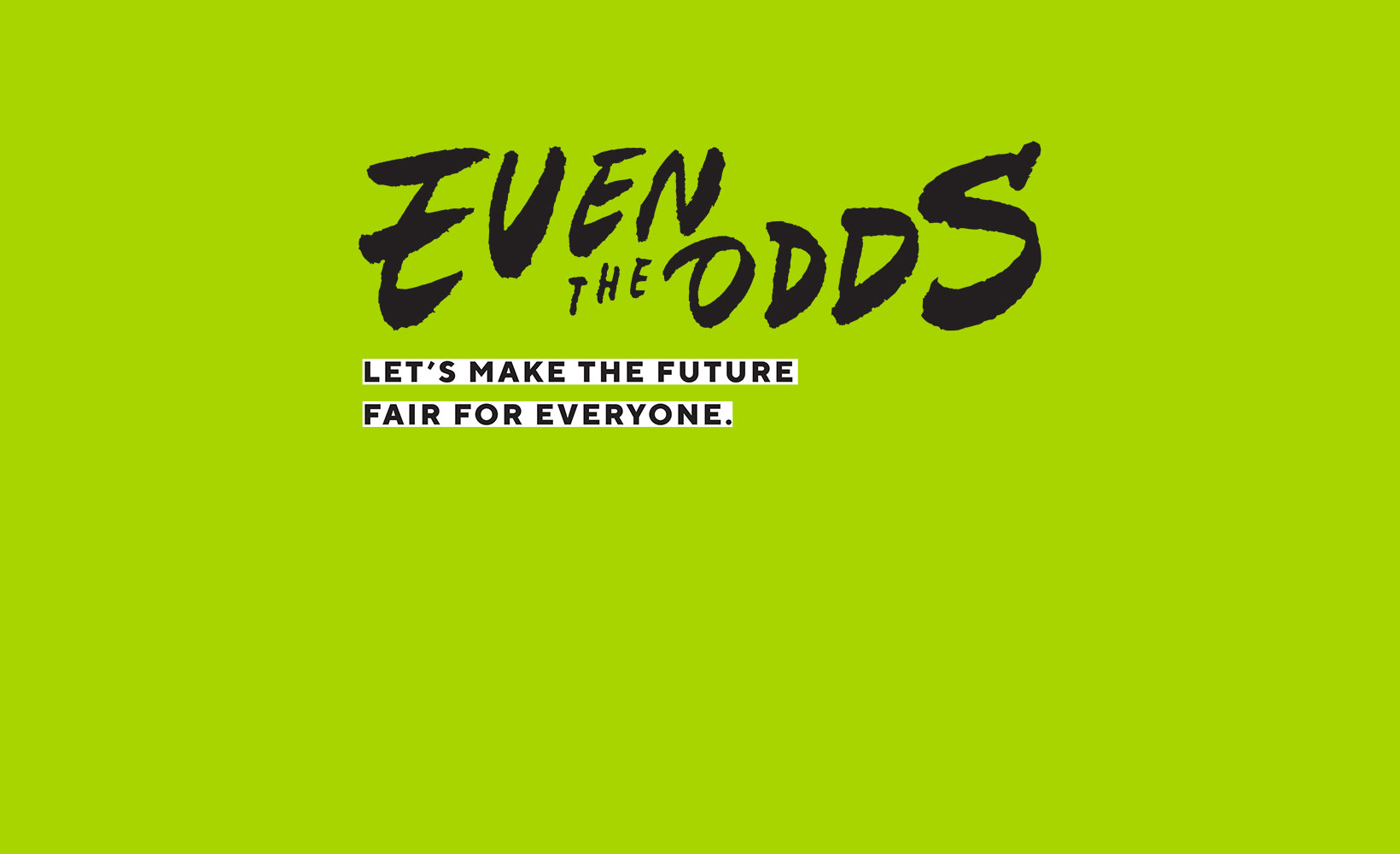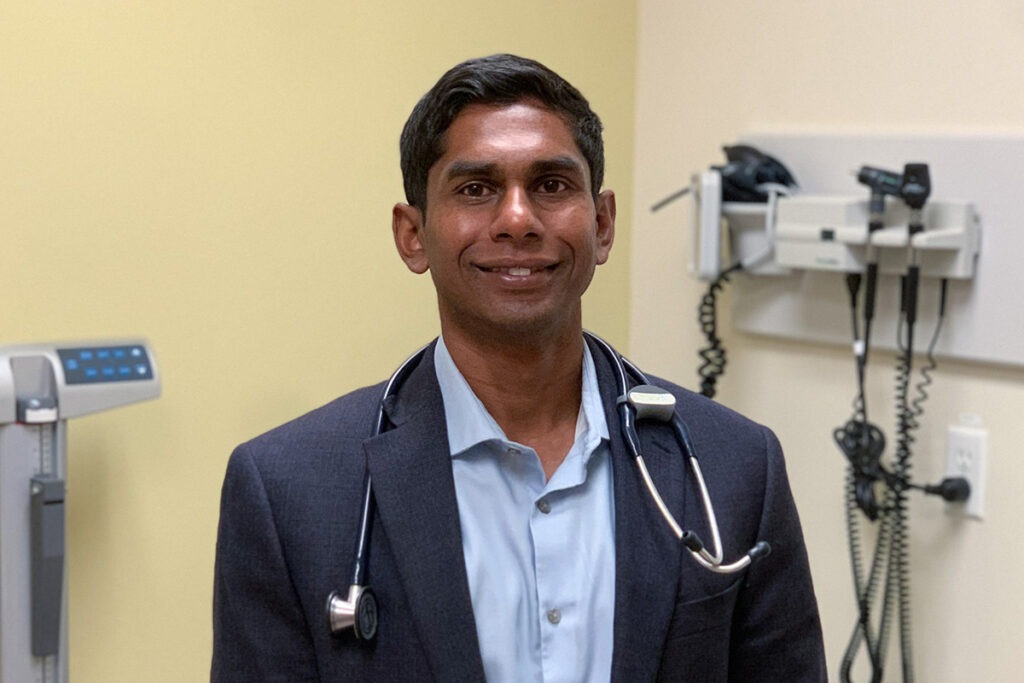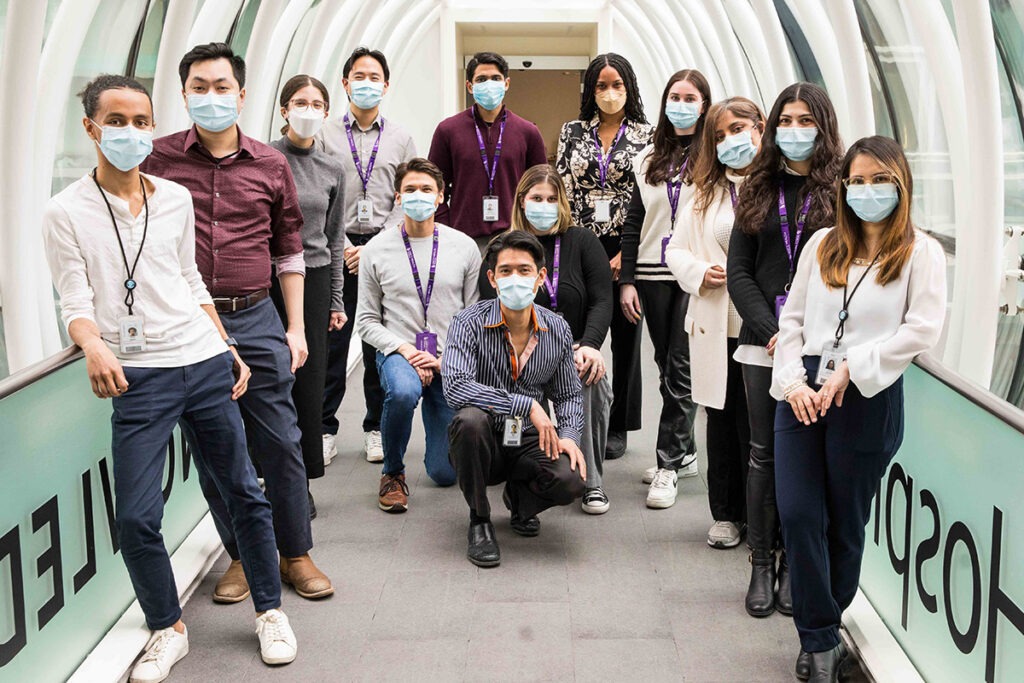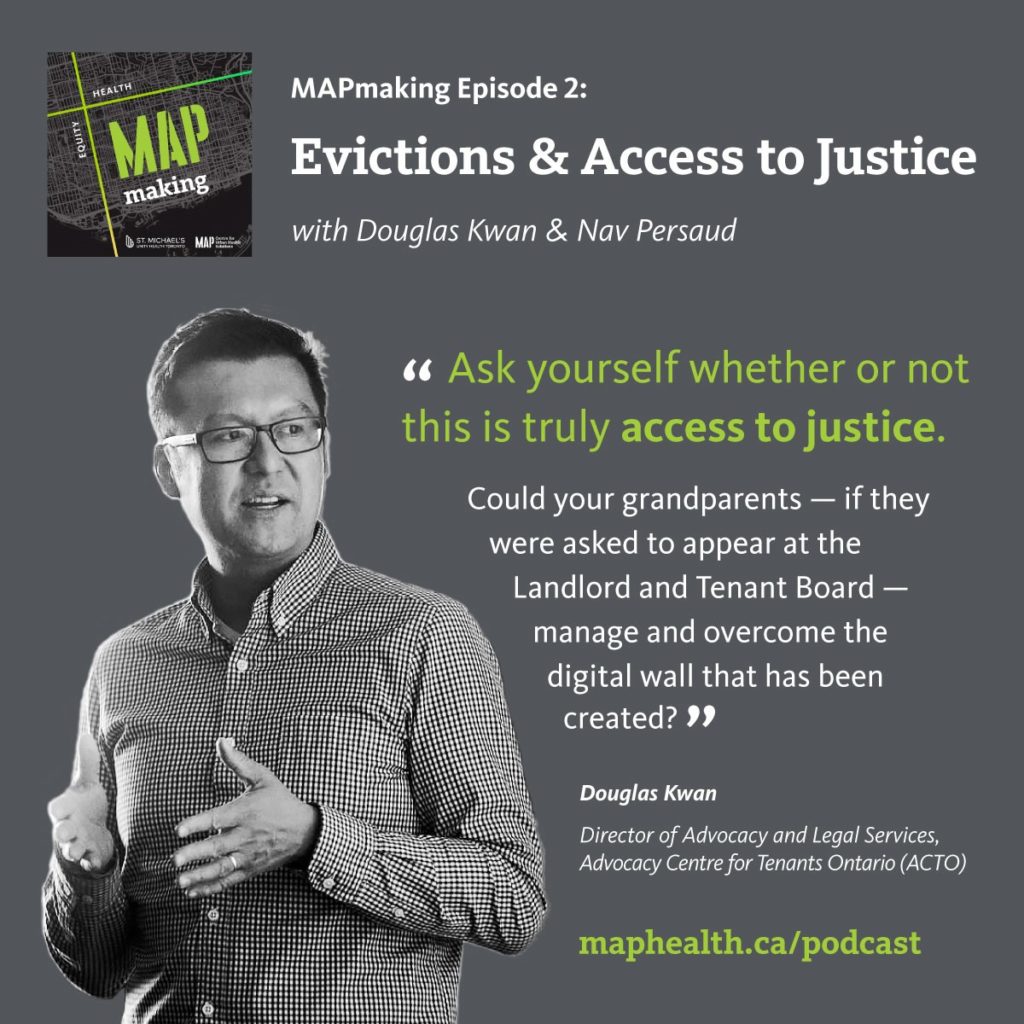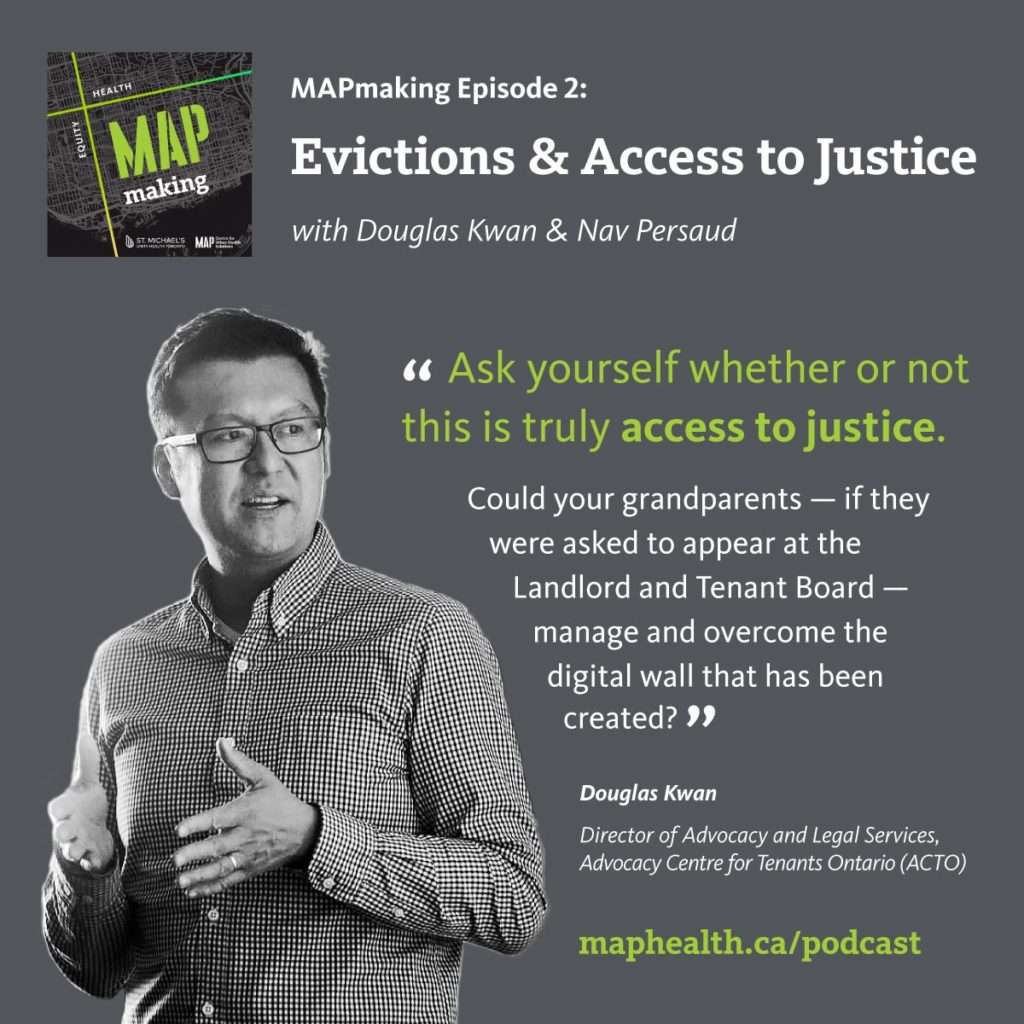Fundraising partnership sets goal to raise $2 million in 2022 to help build vibrant, healthy communities
Richmond Hill, ON, April 28, 2022 – With a mission to help make the future fair for everyone, Staples Canada and MAP, a world-leading research centre, have launched the second year of the Even the Odds fundraising partnership with a goal to raise $2 million in 2022.
Even the Odds launched last year to help raise awareness of inequity in Canada and build vibrant, healthy communities. The campaign raised $1.23 million during its inaugural year, thanks to the support of Staples Canada’s customers, associates and vendor-partners, as well as a corporate match donation.
“We are proud of what we have been able to accomplish in the first year of this partnership,” said David Boone, CEO of Staples Canada. “The support from our associates and customers has been outstanding, and it’s rewarding for our team to already see new research programs and solutions come to life that advance the important work that MAP is doing to build vibrant, healthy communities.”
Even the Odds has already begun making an impact by funding research and solutions throughout Canada, including three MAP projects: a leadership program for young people who are exiting homelessness; a health promotion school program for kids in disadvantaged neighbourhoods; and a national initiative to draw the blueprint for a more equitable primary care system in Canada.
Recently through Even the Odds, Staples Canada and MAP also announced support for a new Université de Montréal and the Centre de Recherche en Santé Publique (CReSP) project focused on an innovative health clinic, called Clinique Mauve, that’s specifically designed to meet the needs of racialized and migrant communities who identify as LGBTQI+. The project will evaluate the program and explore the best ways to tailor the clinic’s services to serve Two-Spirit and/or trans Indigenous people, especially youth.
“Staples associates and customers’ commitment to Even the Odds in Canada has brought these exciting projects to life,” said Dr. Stephen Hwang, Director, MAP. “We are so grateful to be doing this outstanding work in partnership with Staples.”
Staples Canada will launch its first in-store fundraising effort of 2022 from May 2 to 22, 2022. Customers make a donation to Even the Odds at any one of Staples Canada’s 300+ stores or online at staples.ca/eventheodds. For every dollar raised during the campaign, Staples Canada will match with a corporate donation, up to $500,000.
More on inequity in Canada
In Canada, income, education, and experiences of discrimination strongly affect the odds of staying healthy. That’s because social and economic status determine how easy it is to access the resources that are essential for good health, such as affordable housing, nutritious food, and health care. As a result, over 1.2 million children in Canada live in households that struggle to afford fresh fruit and vegetables. At least one million people sacrifice basic essentials to pay for medical prescriptions, and 235,000 are homeless every year. The pandemic has exposed the magnitude of social, health and economic inequity in Canada, with racialized and low-income populations carrying a disproportionate burden of the health and economic impacts.
Internationally recognized for ground-breaking science and innovation, MAP scientists work in partnership with communities and government leaders to address these issues and more through the development of equity-focused program and policy solutions.
To learn more or make a donation to Even the Odds, visit staples.ca/eventheodds.
About MAP
MAP is a world-leading research centre dedicated to creating a healthier future for all. Through big-picture research and street-level solutions, MAP scientists tackle complex community health issues—many at the intersection of health and equity. MAP’s 32 scientists and over 120 staff and students work in partnership with communities, researchers, and government leaders across Canada to address issues such as homelessness, unequal access to health care and medicine, and the lifelong effects of childhood poverty. MAP is part of the Li Ka Shing Knowledge Institute of St. Michael’s Hospital, Unity Health Toronto. For more information, visit maphealth.ca.
About Staples Canada
Staples Canada is The Working and Learning Company. With a focus on community, inspiration and services, the privately-owned company is committed to being a dynamic, inspiring partner to customers who visit its over 300 locations and staples.ca. The company has two brands that support business customers, Staples Preferred for small businesses and Staples Professional for medium to large-sized enterprises, as well as five co-working facilities in Toronto, Kelowna, Oakville and Ottawa under the banner Staples Studio. Staples Canada is a proud partner of MAP through its Even the Odds campaign, which aims to tackle inequities in communities across Canada and helps make a future that’s fair for everyone. Visit staples.ca for more information or get social with @StaplesCanada on Facebook, Twitter, Instagram and LinkedIn.
Media Information:
Kathleen Stelmach, Staples Canada, 905-737-1147 Ext. 578, kathleen.stelmach@staples.ca
Noah Gomberg, Golin, 437-246-3975, ngomberg@golin.com
Bureau en Gros et le Centre MAP, un centre de recherche de classe mondiale, lancent la deuxième année du partenariat « À chance égale » pour lutter contre les inégalités dans les communautés partout au Canada
Le partenariat pour la collecte de fonds se fixe pour objectif de récolter 2 millions de dollars en 2022 pour contribuer à bâtir des communautés dynamiques et saines
Richmond Hill, ON, le 28 avril 2022 — Avec pour mission de contribuer à rendre l’avenir équitable pour tout le monde, Bureau en Gros et le Centre MAP, un centre de recherche de classe mondiale, ont lancé la deuxième année du partenariat de collecte de fonds À chance égale, avec pour objectif de recueillir 2 millions de dollars en 2022.
À chance égale est une initiative lancée l’an dernier visant à sensibiliser le public sur les inégalités au Canada et à bâtir des communautés dynamiques et saines. La campagne a permis de recueillir 1,23 million de dollars au cours de son année inaugurale, grâce au soutien des clients, associés et fournisseurs partenaires de Bureau en Gros, ainsi qu’à un don équivalent de la part de l’entreprise.
« Nous sommes fiers de ce que nous avons pu accomplir au cours de la première année de ce partenariat», a déclaré David Boone, PDG de Staples Canada/Bureau en Gros. « Le soutien de nos associés et de nos clients a été exceptionnel, et il est gratifiant pour notre équipe de voir déjà naître de nouveaux programmes de recherche et solutions qui font progresser le travail important que le Centre MAP accomplit pour créer des collectivités plus équitables. »
L’initiative À chance égale a déjà commencé à avoir une incidence en finançant des recherches et solutions partout au Canada, y compris trois projets du Centre MAP : un programme de leadership pour les jeunes qui sortent de l’itinérance, un programme scolaire de promotion de la santé pour les enfants de quartiers défavorisés et une initiative nationale visant à dessiner le plan d’un système de soins primaires plus équitable au Canada.
Grâce à la campagne À chance égale, Bureau en Gros et le Centre MAP ont également annoncé récemment leur soutien à un nouveau projet de l’Université de Montréal et du Centre de recherche en santé Publique (CReSP) portant sur une clinique de santé novatrice, appelée Clinique Mauve, spécialement destinée à répondre aux besoins des communautés racisées et migrantes qui s’identifient comme LGBTQI+. Le projet évaluera le programme et explorera les meilleures façons d’adapter les services de la clinique pour servir les personnes Autochtones bispirituelles et/ou transgenres, en particulier les jeunes.
« L’engagement des associés et des clients de Bureau en Gros envers l’initiative À chance égale au Canada a permis de donner vie à ces projets passionnants », a déclaré le Dr Stephen Hwang, directeur du Centre MAP. « Nous sommes très reconnaissants de faire ce travail remarquable en partenariat avec Bureau en Gros. »
Bureau en Gros lancera sa première collecte de fonds de 2022 en magasin, du 2 au 22 mai. Les clients pourront faire un don au profit de la campagne À chance égale dans les quelque 300 magasins de Staples Canada/Bureau en Gros ou en ligne à bureauengros.com/achanceegale. Pour chaque dollar recueilli pendant la campagne, Bureau en Gros versera un don d’entreprise équivalent, jusqu’à concurrence de 500 000 $.
En savoir plus sur l’inégalité au Canada
Au Canada, le revenu du ménage, le niveau de scolarité et les expériences liées à la discrimination influent fortement sur les chances de rester en bonne santé. Cela tient au fait que le statut social et économique détermine souvent la facilité avec laquelle il est possible d’accéder aux ressources essentielles à une bonne santé, comme un logement abordable, des aliments nutritifs et des soins de santé. Par conséquent, plus de 1,2 million d’enfants au Canada vivent dans des ménages qui ont du mal à se procurer des fruits et légumes frais. Il y a au moins un million de personnes qui sacrifient des produits de première nécessité pour payer des prescriptions médicales, et 235 000 sont des sans-abris chaque année. La pandémie a mis en évidence l’ampleur des inégalités sociales, sanitaires et économiques au Canada, les populations racialisées et à faible revenu subissant une part disproportionnée des répercussions sanitaires et économiques.
Reconnus internationalement pour leurs innovations et leurs travaux scientifiques de pointe, les chercheurs du MAP travaillent en partenariat avec les collectivités et les dirigeants gouvernementaux pour s’attaquer à ces problèmes de société et à bien d’autres grâce à l’élaboration de programmes et de politiques axés sur l’équité.
Pour en savoir plus ou faire un don dans le cadre de la campagne À chance égale, consultez bureauengros.com/achanceegale.
À propos du Centre MAP
Ce centre de recherche de premier plan à l’échelle mondiale se consacre à la création d’un avenir plus sain pour tous. Grâce à des recherches qui donnent une vision d’ensemble et à des solutions concrètes, les scientifiques du Centre MAP s’attaquent à des problèmes de santé communautaire complexes, dont bon nombre se situent au croisement de la santé et des inégalités. Les 32 scientifiques et plus de 120 employés et étudiants du Centre MAP travaillent en partenariat avec des communautés, chercheurs et dirigeants gouvernementaux partout au Canada pour s’attaquer à des problèmes tels que l’itinérance, l’accès inégal aux soins de santé et à la médecine, et les effets à vie de la pauvreté chez les enfants. Le Centre MAP fait partie du Li Ka Shing Knowledge Institute de l’hôpital St. Michael’s d’Unity Health Toronto. Pour obtenir plus de renseignements, consultez le site maphealth.ca/fr.
À propos de Staples Canada/Bureau en Gros
Staples Canada/Bureau en Gros est l’Entreprise du travail et de l’apprentissage. En mettant l’accent sur la collectivité, l’inspiration et les services, la société privée est déterminée à jouer le rôle de partenaire dynamique et inspirant pour tous les clients qui visitent ses quelque 300 succursales et le site bureauengros.com. L’entreprise possède deux sous-marques qui soutiennent ses clients commerciaux, Bureau en Gros Privilège pour les petites entreprises et Staples Professionnel pour les moyennes et grandes entreprises, ainsi que cinq studios de travail partagé à Toronto, Kelowna, Oakville et Ottawa sous la bannière Staples Studio. Staples Canada/Bureau en Gros est fière de travailler en partenariat avec le Centre MAP dans le cadre de sa campagne À chance égale, qui vise à s’attaquer aux inégalités dans les collectivités partout au Canada et à créer un avenir équitable pour tous. Visitez bureauengros.com pour en savoir plus ou suivez @BureauenGros sur Facebook, Twitter, Instagram et LinkedIn.
Renseignements pour les médias :
Kathleen Stelmach, Staples Canada/Bureau en Gros, 905-737-1147, poste 578, kathleen.stelmach@staples.ca;
Noah Gomberg, Golin, 437-246-3975, ngomberg@golin.com

